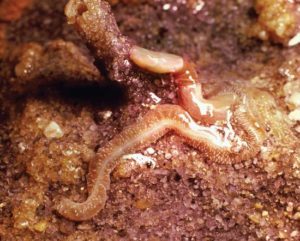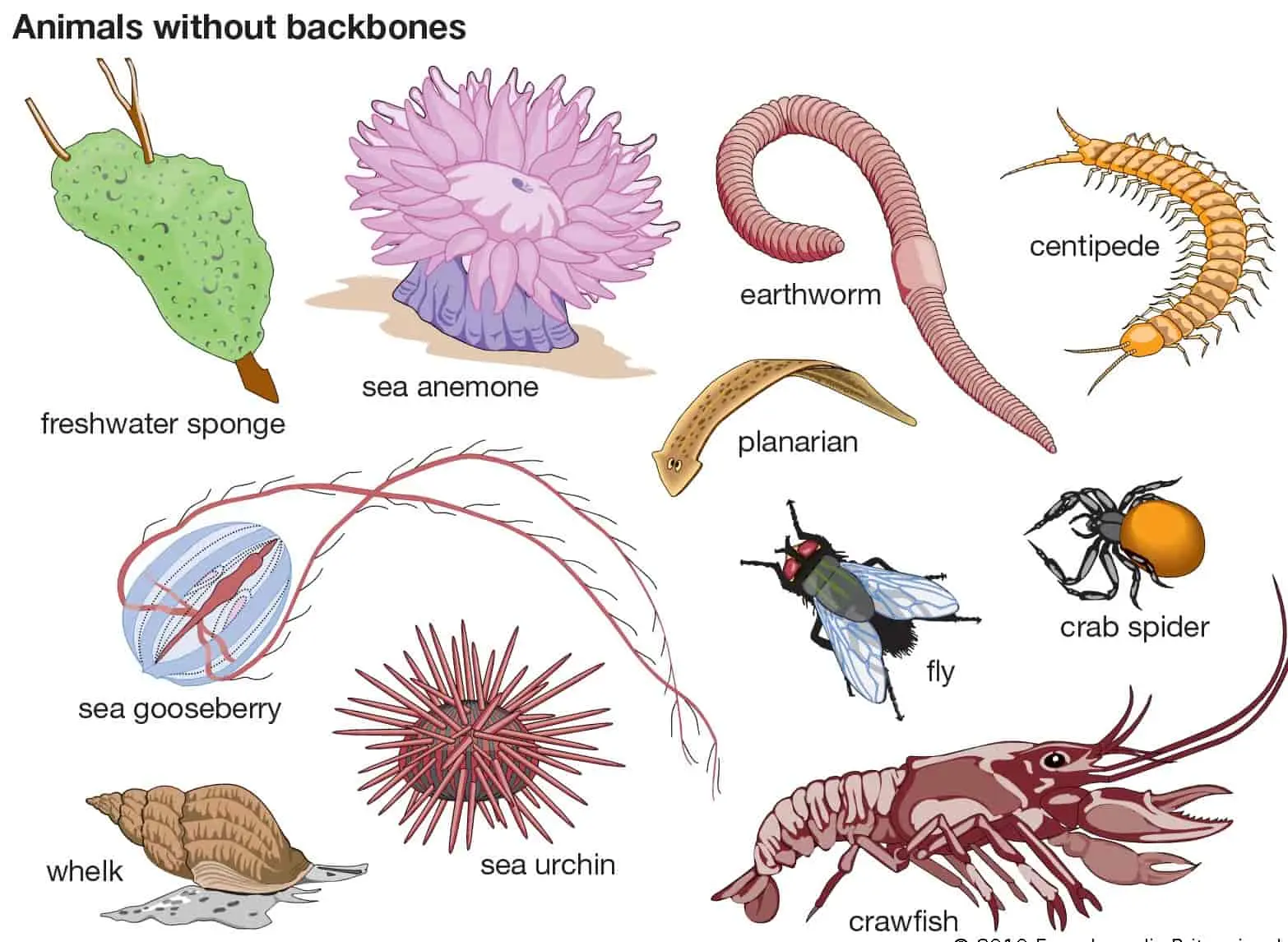Category: Zoology

Did You Know? Octopuses Have Three Hearts & Blue Blood!
Did You Know? Octopuses Have Three Hearts & Blue Blood! 🐙💙 The ocean is full of incredible and mysterious creatures, but few are as fascinating as the octopus. These intelligent, shape-shifting masters of disguise are already mind-blowing, but here’s something even crazier—they have three hearts and blue blood! 🤯🌊 Yes, you read that right! Octopuses…

General Q&A part-5
What are the stages involved in PCR, and on what does PCR depend? Polymerase Chain Reaction (PCR) is a widely used molecular biology technique for amplifying specific DNA sequences. PCR involves several stages, and it depends on various components and conditions for successful amplification. Here are the main stages of PCR and what PCR depends…

General Biology MCQs
Here are some biology MCQs. 1. Which organelle is responsible for photosynthesis in plant cells? a) Mitochondria b) Nucleus c) Chloroplasts d) Endoplasmic reticulum Answer: c) Chloroplasts Explanation: Chloroplasts are the organelles responsible for photosynthesis, where plants convert sunlight into chemical energy in the form of glucose. 2. Which of the following is NOT a…

General Q&A part-4
What is oncology? Oncology is the branch of medicine that specializes in the study, diagnosis, treatment, and research of cancer. Cancer is a complex group of diseases characterized by the uncontrolled growth and spread of abnormal cells in the body. Oncologists are medical professionals who are trained to diagnose and treat various types of cancer,…

The Liver’s Role in Regulating Blood Glucose Levels
The liver plays a central and multifaceted role in the regulation of glucose in the human body. Glucose, a simple sugar, serves as the primary source of energy for cells, and maintaining its levels within a narrow range is crucial for overall health. The liver accomplishes this through various mechanisms, which we’ll explore in detail…

General Q&A part-2
This page contains general Q&A questions asked by curious people. What is biochemistry? Biochemistry is a branch of science that combines principles from both biology and chemistry to study the chemical processes and substances that occur within living organisms. It focuses on understanding the molecular mechanisms that underlie various biological functions and processes, including metabolism,…

General Q&A part-1
This page contains general Q&A questions asked by curious people. How many types of Air pollution? Air pollution can be categorized into several types based on the sources of pollutants, the nature of the pollutants, and their effects on the environment and human health. The main types of air pollution include: Particulate Matter (PM): Particulate…

Why Earthworms Are a Gardener’s Best Friend
Earthworms are considered a gardener’s best friend for several reasons: Soil aeration: Earthworms burrow through the soil, creating tunnels and air pockets that allow air, water, and nutrients to penetrate the soil more easily. This improves soil aeration, which is important for plant root health. Soil structure: Earthworms also help to improve soil structure by…

Koala Has Human Like Fingerprints!
The discovery that koalas have human-like fingerprints was a surprising revelation that has captured the attention of the scientific community and the general public alike. In this essay, I will explain this discovery in detail, including the methods used by researchers to uncover this fact and the potential implications of this discovery for the field…

Phylum Hemichordata
Hemichordates are vermiform, solitary or colonial enterocoelous coelomate animals having intra-epidermal nervous system and a pre-oral gut with or without gillslits and without typical nephridia. Due to some similarities with chordates, some workers (Bateson, 1885) considered Hemichordata as a subphylum of the phylum Chordata. Alliance with the chordates was based on the presence of gill…

EXCRETORY STRUCTURES IN NON-CHORDATES
In protozoans, porifers and coelenterates the specialised excretory structures are absent. The excretion in these animals occurs through the general body surface. The contractile vacuoles present in freshwater protozoans are the osmoregulatory structures and regulate osmotic concentration (osmolarity) of the body. Though some ammonia is also lost through contractile vacuoles, but they can not be…
Phylum Protozoa
Protos—first, Zoan—animal, First animal phylum Study of protozoans called Protozoology Father of protozoology – Antony von Leeuwenhoek Term Protozoa was assigned by Goldfuss Protozoa belong to Kingdom Protista of Haeckel Single-celled, solitary or colonial, eukaryotes Important characters Size ranges from 1µ to 5000µ Aquatic – freshwater or marine forms, or endoparasites Grade of organization– protoplasmic…








